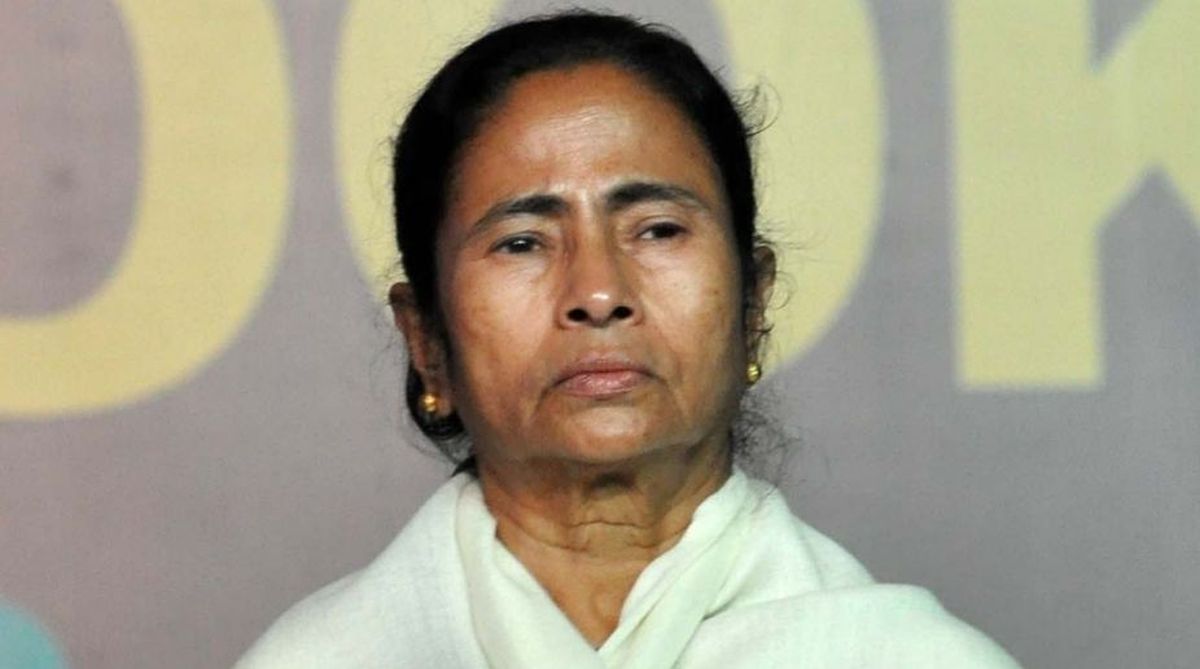Last weekend witnessed a remarkable forward movement in terms of land and industry, issues on which a high-voltage approach had doomed the Bengal Left.
Chiefly, the three parties that concluded Saturday’s agreement on a power project in Bhangar (South 24-Parganas) ~ the West Bengal government, the land agitators, and the power entity called PGCIL ~ have emitted a critical signal: the imperative to reach a consensus embedded in a formula that is palatable to the locals.
Advertisement
That consensus had eluded Bhangar, just as it did in such places as Singur, Nandigram, Nayachar and many more. There is little point in crying over spilt milk, specifically that industrial development would have dramatically transformed the face of rural Bengal.
Theoretically, the CPI-M was perhaps right. In point of fact, it is the praxis that did the party in. The rest is history. It would be pertinent to recall that Bhangar had, two years ago, also witnessed a spirited movement, against the Trinamul Congress government, against land acquisition for the project, resulting in a couple of deaths in police firing.
Having been kept in abeyance for two years, the project’s only deviation from the original plan is that rather than a power grid, Bhangar in rural Bengal will now boast a sub-station. This will, nonetheless, lead to a substantial increase in power generation.
Ergo, the government, the land agitators and the power undertaking have reached a halfway house. Additionally, the agreement stipulates that criminal cases against the protesting villagers and the CPI(ML) outfit called Red Star will be dropped.
Also to be withdrawn are those cases filed after November 2016. If not in Junglemahal, the government has been able to placate the Left radical at Bhangar.
Which largely explains why the agreement was swiftly greeted as a “massive victory for the people and a success in the history of mass movements”.
Whereas compensation was a thorny issue at Singur, the Trinamul government has almost readily agreed to compensate villagers in areas where `the power lines will be laid beneath their lands.
For all its ideological orientation, the CPI-M had accorded short shrift to the landed class that had been surviving on the multiple-crop tracts. The chief regret must be that the breakthrough could well have been achieved much earlier… without the police resorting to an offensive against the dispossessed as they did two years ago, drawing a parallel with the CPI-M’s industrial fiascos and foibles.
The party’s plan in 2005 for a motorbike plant in Bhangar with Indonesian investment remains a non-starter, but it did serve to antagonise the party’s minister and MLA from the area, Abdur Rezzak Mollah, who has since switched allegiance to the Trinamul.
There may be hope yet for Bhangar as the sub-station project will be monitored by a subcommittee, which will be tasked to ensure that the agreement is implemented.











